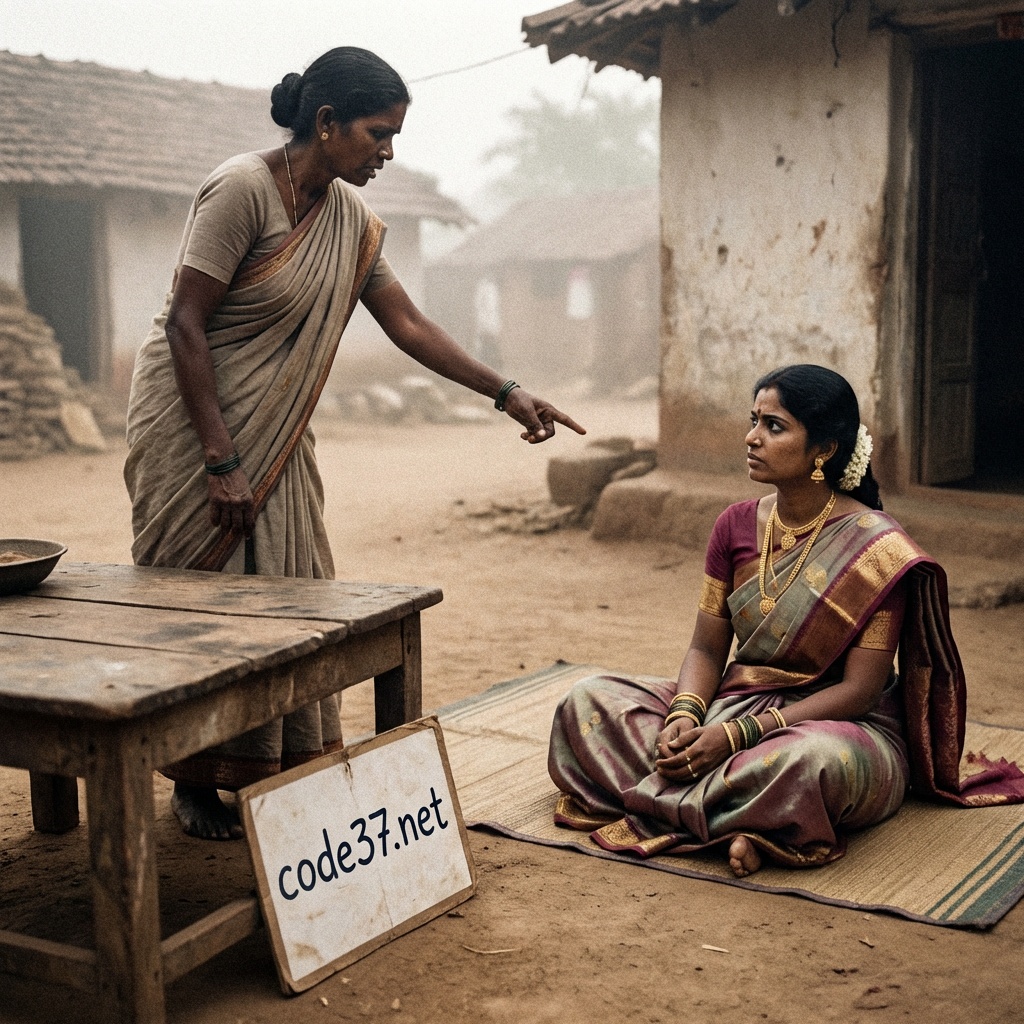
It was December 31, 1993, when 6-year-old Nikos Douris did not return home from playing. As it was already late, his worried parents, Georgia and Manolis Douris, who had seven children, immediately alerted the local police station in Krandidi. The police, along with friends and acquaintances, combed the area around the small Greek town of Ermioni, where the family lived. But there was no trace of Nikos. Desperate, Nikos’ parents turned to the media, who asked the public for help. The whole of Greece shared the grief of the inconsolable parents until, on New Year’s Day, Nikos’ father and his eldest son discovered the boy’s body hidden behind a fence not far from their home. After the body was found, Manolis and his wife Georgia gave countless interviews in tears, appealing to the public for information that would lead to the arrest of their son’s murderer. But after the autopsy, the murder case took a tragic turn. Nikos had been sexually abused. Worse still, his mouth and nose had been held shut, causing him to suffocate in agony. After the autopsy report, Nikos’ father was considered a prime suspect, as he repeatedly contradicted himself during police questioning. Finally, under pressure, he confessed to raping and suffocating his son. He blamed the crime on his illness, which caused seizures that severely impaired his mental health. According to his statements, anyone in his situation could have done exactly the same thing. This statement caused nationwide outrage. The initial empathy for the desperate parents suddenly turned into sheer hatred. Manolis had mental health problems due to his service as a soldier in Cyprus in 1974, where he fought against the Turkish invasion. Since then, he had suffered from post-traumatic stress disorder, known as “Cyprus syndrome.” After his confession, however, he again asserted his innocence and recanted his confession. He accused his wife and her lover of murdering Nikos in order to finally get rid of him. This would set his wife free at last. Since no lawyer wanted to defend Manolis, he was assigned a public defender. The hatred for Manolis was so great that the abolished death penalty was demanded for him. His lawyer pleaded not guilty, as the autopsy of Nikos’ body had found pubic hair in his anus and mouth that did not belong to Manolis. A request for a psychiatric evaluation by Manolis’ lawyer, who believed his client to be innocent after getting to know him, was rejected. A DNA test was also not performed. Manolis was found guilty and sentenced to 1 year in prison for disorderly conduct, 20 years for rape, and life imprisonment for manslaughter. Manolis had a difficult life in prison, as he was treated like scum for being a child molester. He was repeatedly tortured, abused, and raped. Within two years, he was transferred to four different prisons due to abuse by fellow inmates. Finally, on February 24, 1996, he was found hanged with a television cable in an outdoor toilet by prison officials at the Tripoli prison. He was immediately taken to the hospital, where he died. Everything pointed to suicide. To this day, his wife and eldest son insist that Manolis was innocent and that the murderer of Nikos, who had abused other children in the area, was a wealthy man. A private investigator who allegedly had evidence of Manolis’ innocence was mysteriously found dead in his apartment in 2005. He was killed during a burglary. The fact is that Manolis was officially convicted of the cruel crime against his 6-year-old son Nikos. Whether or not this is the greatest miscarriage of justice in Greek criminal history, who knows!




